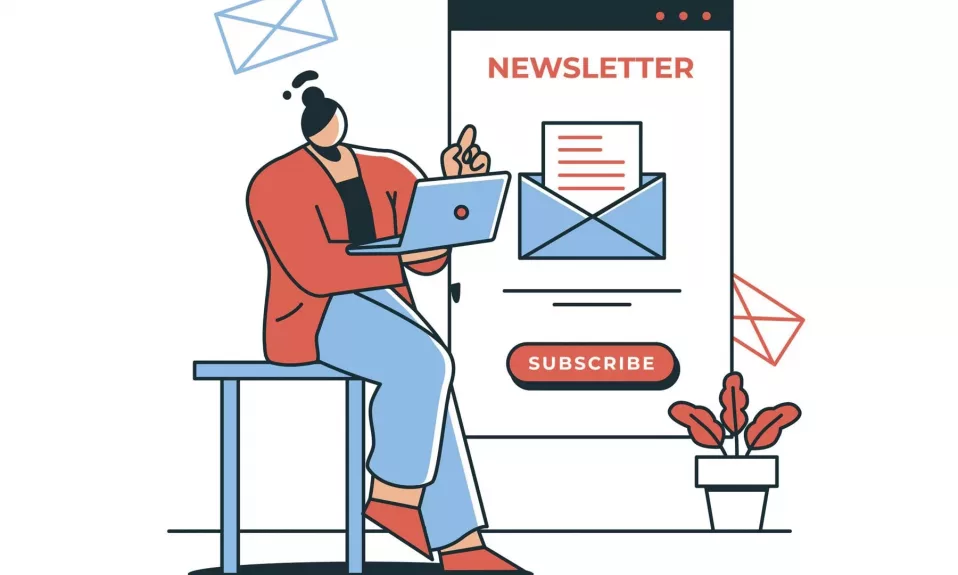In today’s competitive digital landscape, email marketing plays a vital role in elevating your brand and drawing the attention of potential customers. While there are numerous email marketing tools available on the market, one might wonder why Gmail—a popular email service—is not recommended for this purpose. In this article, we will discuss several reasons behind Gmail’s insufficiency as an email marketing platform and how it fails to meet the requirements of modern campaigns.
1. Limited Automation Capabilities
Gmail lacks the advanced automation features required for professional email marketing campaigns. For efficient marketing purposes, businesses need to adopt a targeted approach, ensuring that recipients receive personalized content at appropriate times based on their engagement levels. Unfortunately, Gmail’s basic functionality does not support these intricate automation processes needed to manage subscriber lists and send relevant messages effectively.
The Importance of Email Automation
- Personalization: Email automation allows you to create personalized content for each subscriber, which enhances customer experience and conversion rates.
- Timeliness: By automating when emails are sent, you can engage with subscribers at the most optimal times, increasing open rates and click-through rates.
- Efficient workflows: With reliable automation tools, marketers can streamline various tasks such as segmenting subscribers, scheduling messages, and measuring campaign results.
2. Daily Sending Limitations
Gmail imposes a strict daily sending limit—500 emails—which makes it impractical for larger-scale campaigns. This limitation poses significant challenges for businesses seeking to grow their client base and outperform competition. A successful email marketing campaign relies on the ability to reach a substantial number of audiences; Gmail’s restrictions greatly hinder this possibility.
Why Sending Limits Matter
- Scalability: Restricted sending limits halt the growth of your email marketing campaigns, limiting communication with potential customers and preventing expansion.
- Deliverability issues: Exceeding Gmail’s daily sending limit could result in delayed or failed delivery attempts, undermining subscribers’ trust and your brand reputation.
- Inefficiency: Working around Gmail’s sending limitations by creating multiple accounts increases complexity and diminishes time efficiency, ultimately proving counterproductive.
3. Dependency on Extensions and Add-Ons
To use Gmail as an email marketing tool, businesses must invest in a variety of extensions and add-ons for improved functionality. This approach not only complicates the user experience but also renders Gmail less cost-effective compared to dedicated email marketing software that offers advanced features out-of-the-box. Moreover, relying on third-party solutions may compromise data privacy, making it risky for both senders and recipients.
Dedicated Email Marketing Software: A Worthwhile Investment
- Comprehensive features: Email marketing platforms offer built-in features tailored to meet contemporary marketing needs, providing all necessary tools within a single package.
- Cost-effectiveness: While some email marketing services require an upfront investment, their comprehensive toolset ultimately saves time, effort, and money in the long run.
- Data protection: Ensuring the safety and security of your subscribers’ information is crucial. Dedicated email marketing software adheres to strict data protection standards—unlike disparate Gmail add-ons.
Conclusion: Gmail Is Not Built for Email Marketing
Although Gmail is an excellent email service renowned for its simplicity and convenience, it simply does not possess the capabilities needed to execute successful email marketing campaigns. Its lack of automation features, sending limitations, and reliance on extensions prevent Gmail from standing among dedicated email marketing software designed specifically for this purpose. To unlock your campaign’s full potential and maintain a competitive edge, invest in a specialized email marketing tool that offers superior functionality tailored to your business needs.









